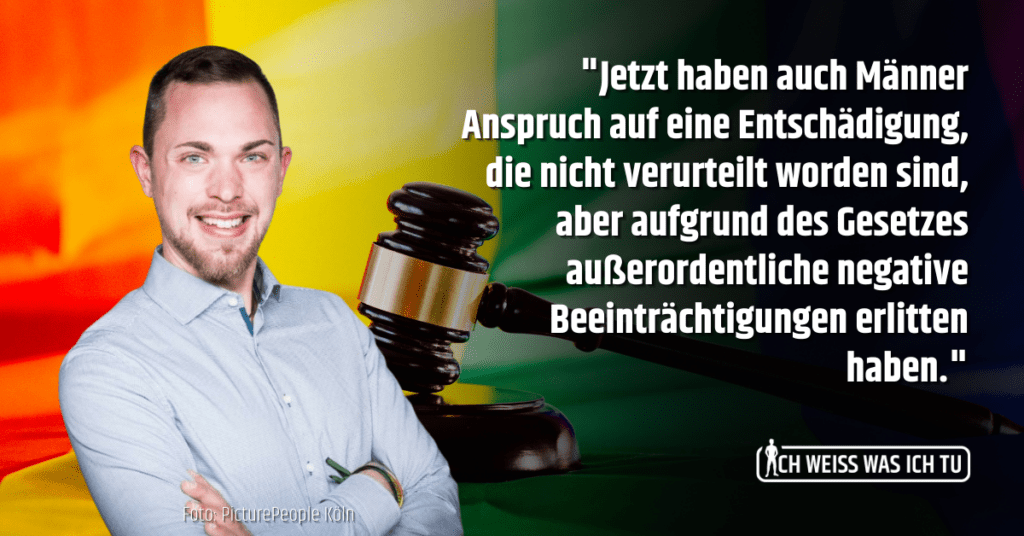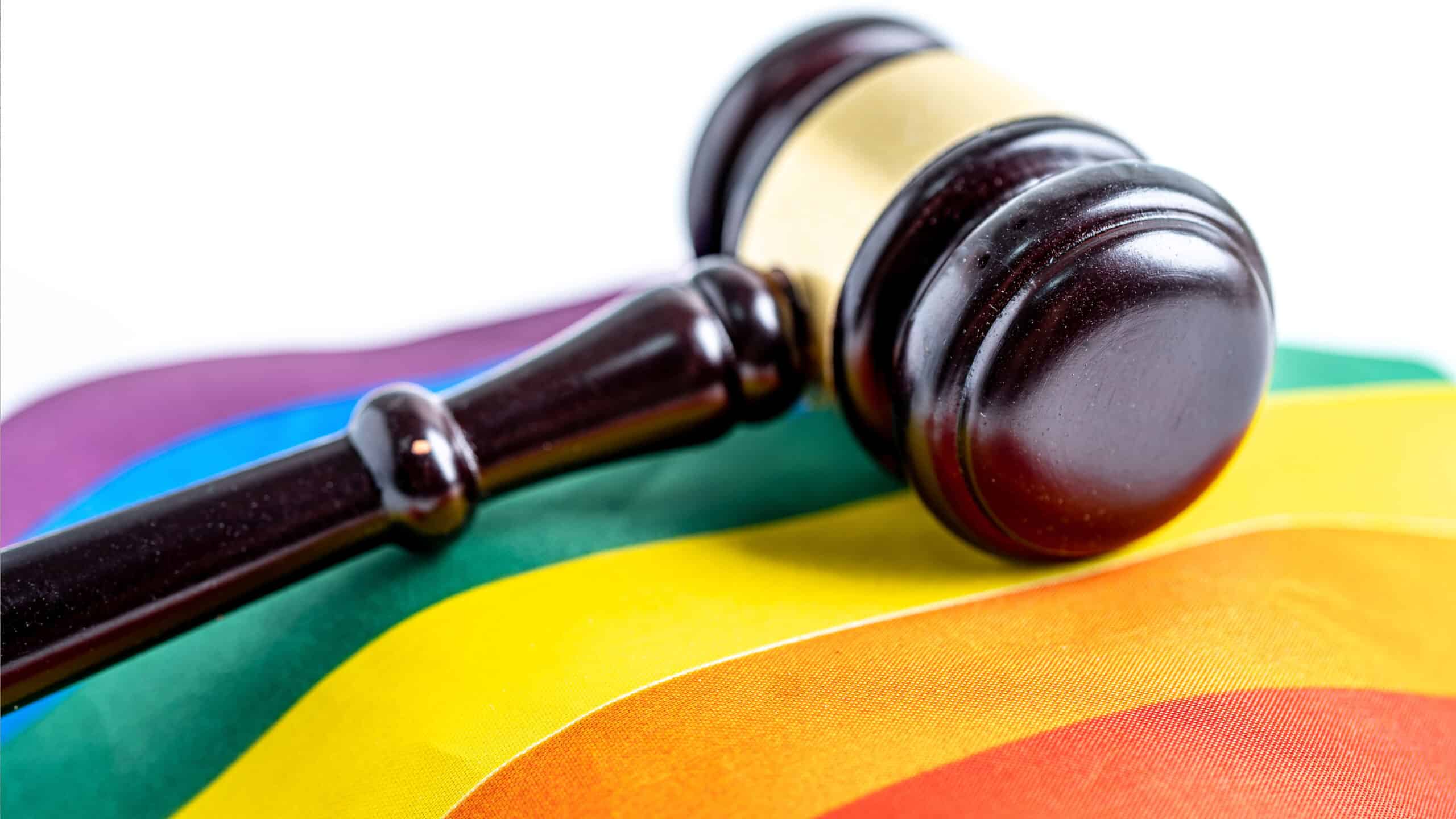| Who was criminalised by Paragraphs 175 and 151? |
| §Section 175 came into force in 1872, one year after the founding of the German Empire, and criminalised "unnatural fornication between persons of the male sex". In 1935, the Nazis tightened the paragraph. All acts with "voluptuous intent" were now considered a criminal offence. Mere touching could already be prosecuted. After the war, §175 remained unchanged in the Federal Republic in the Nazi version for more than two decades. In 1969, it was then defused for the first time and a second time in 1973. Now men over the age of 18 could be punished if they had sex with boys under the age of 18, while the age of consent for girls was 14 (although the court could refrain from punishing the man for girls aged between 14 and 16 if he was under 21). The reason for this unequal treatment was the homophobic so-called "seduction theory", i.e. the idea that young people could be "seduced" into homosexuality. In 1950, the GDR returned to the original version of §175 (before National Socialism), although from the end of the 1950s onwards hardly anyone was sentenced under this paragraph. In 1968, the GDR then introduced its own penal code. Section 151 was introduced in it. This criminalised sexual acts by all people under the age of 18 with young people of the same sex. This meant that lesbian and bisexual women were also criminalised. Section 151 was cancelled without replacement in 1988. After a brief phase of legalisation, male homosexuality was criminalised again in East Germany after reunification, as §175 was only abolished in 1994 (also due to pressure from the East). In the legal sense of the time, the two paragraphs criminalised same-sex sexual acts. From today's perspective, however, it can be assumed that not only gay and bisexual cis men (or in the GDR also cis women) were criminalised. In fact, all people who were assigned to the male sex at birth and had sex with people who were also assigned to the male sex were criminalised in the Federal Republic of Germany. Paragraph 175 therefore also criminalised trans* women, for example, who had sex with people who were assigned to the male sex. In the GDR, Section 151 criminalised all people who had sex with other people if both were assigned the same sex at birth. This also affected trans* men, for example. It is important to know: The right to compensation applies regardless of your current and former gender or sexual identity. |
Jan, who is entitled to compensation?
All people who were convicted on the basis of § 175 StGB after 8 May 1945 or on the basis of § 151, which was valid in the former GDR. However, it should be noted that you are only entitled to compensation if the partner with whom you were arrested was over 16 years old. There is no entitlement to compensation for sex with minors. A directive was added to the Compensation Act in 2019. Men who have not been convicted but have suffered extraordinary negative effects as a result of the law are now also entitled to compensation.
What does this mean?
Let me give you an example: the police or the public prosecutor's office were not discreet in their investigations. For example, those affected were involuntarily outed at work and lost their job or were given notice to leave their home. However, the criminal prosecution or the pre-trial detention suffered must be based on suspicion in connection with an allegation of an offence under Section 175. These men are also entitled to compensation.

Where and by when can the application be submitted?
There is a rush here. Applications can only be submitted to the Federal Office of Justice in Bonn until 21 July 2022.
Which documents must be submitted?
In the best case scenario, a copy of the judgement or documents relating to the periods of imprisonment suffered are available and can be attached to the informal application. Otherwise, a certificate of rehabilitation must first be applied for from the public prosecutor's office. An application form for compensation under the Directive is available on the website of the Federal Office of Justice. We are happy to support those affected with the application process via our free hotline 0800 175 2017.
How high is the expected compensation?
This also varies from case to case. The law stipulates 3,000 euros for each conviction, 1,500 euros for each year or part thereof of deprivation of liberty and 500 euros for any preliminary proceedings initiated. In addition, a one-off payment of 1,500 euros is possible for exceptionally negative effects.
| Do you know a person who was also convicted under §175 (FRG) or §151 (GDR)? Then encourage them to apply for compensation. You can find all information at Federal Office of Justiceand under www.schwuleundalter.de/entschaedigung-und-rehabilitierung/ |
| You can find everything about gay life in old age at www.iwwit.de/schwules-leben/alter. |
| Addendum: After this article was finalised, it became known that the The current government is planning to maintain claims for compensation possibly beyond 22 July after all. Nevertheless, it may be advisable to submit an application quickly. You can also get expert advice here at BISS e. V.. |










